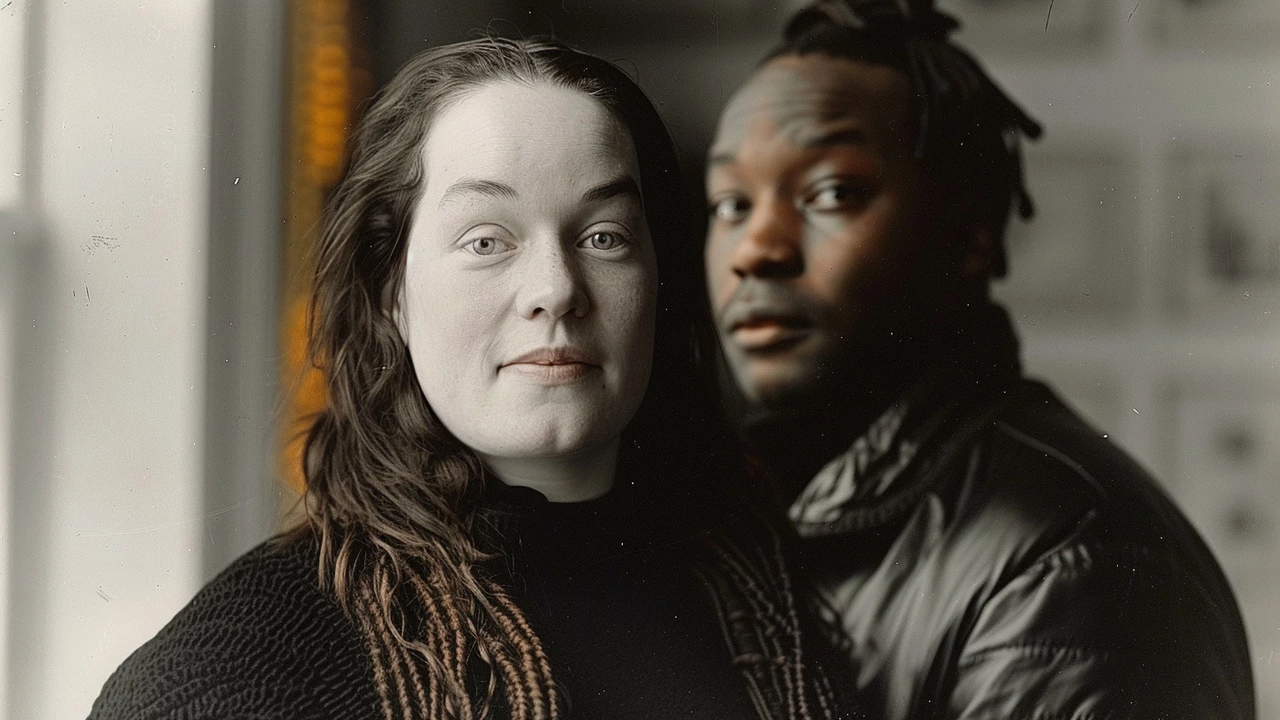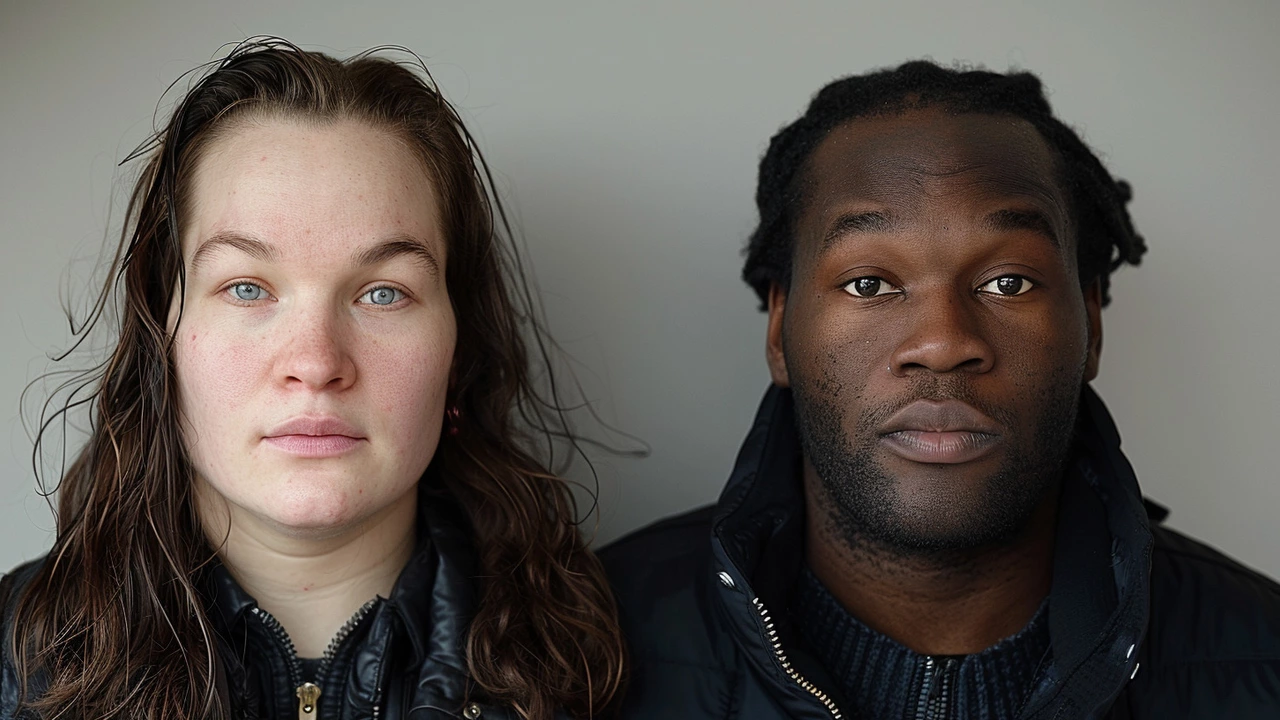Discharged Jury in Constance Marten and Mark Gordon Trial over Baby's Death Sparks Public Outcry
 Jun, 21 2024
Jun, 21 2024
High-Stakes Trial Ends in Jury Discharge
The highly publicized trial of Constance Marten and her partner Mark Gordon took an unexpected turn as the jury was discharged without reaching a verdict. The couple stood accused of manslaughter by gross negligence, among other serious charges, in the death of their newborn daughter, Victoria. The trial held the nation captive from the moment Marten and Gordon went on the run late in 2022, spurred by their attempts to evade authorities.
The Nationwide Manhunt
Constance Marten, aged 37, and Mark Gordon, aged 49, both of no fixed address, became names entrenched in public consciousness when they disappeared from the radar in December 2022. Their flight initiated a relentless nationwide manhunt that gripped the country for months. Law enforcement agencies deployed considerable resources in the search, even as public concern mounted.
Their eventual capture led to further scrutiny and revealed a labyrinthine story of desperation, fear, and tragic decisions. The tragic discovery of their baby’s body in a deserted shed in Brighton, placed under rubbish and within a Lidl bag-for-life, only deepened the pervasive sense of loss and societal failure.

72-Hour Deliberation and Discharge
After a grueling 72 and a half hours of deliberation, the jury in the trial was discharged by Judge Mark Lucraft KC, known formally as the Recorder of London. The discharge came despite the intense media and public interest in the case's resolution. Judge Lucraft extended his gratitude to the jurors for their service, acknowledging the high burden placed upon them by the case's gravity and complexity. He further excused them from any future jury duty for the rest of their lives, a rare gesture.
The inability of the jury to come to a unanimous decision leaves the case in a state of limbo, with an upcoming hearing set to deliberate the possibility of a retrial. This turn of events has fueled further speculation and concern among the public and legal experts alike.
Denial of Charges
Marten and Gordon have consistently maintained their innocence throughout the trial. They denied all charges, including manslaughter by gross negligence, perverting the course of justice, concealing the birth of a child, child cruelty, and causing or allowing the death of a child. These charges paint a grim picture of the alleged neglect and subsequent actions that led to their newborn’s demise.
As the couple awaits their next court appearance, the nation watches closely, hoping for justice for baby Victoria. The emotional toll on all parties involved is palpable, a testament to the tragedy that has already claimed an innocent life and now ensnares two more in its exhaustive legal struggle.

A Nation Divided
The case has undoubtedly divided public opinion. Many are insistent that Marten and Gordon should face the full weight of the law, expressing outrage and hurt over the details that have emerged. Conversely, others express empathy towards the couple, considering the possible context of their actions, driven by fear or desperation. This dichotomy underlines the deep societal questions raised by the case.
The tragic end for baby Victoria highlights issues beyond the immediate legal questions. It prompts reflections on society's handling of vulnerable individuals, the pressures that push people to the brink, and the balance of justice with empathy. All these factors come into sharp focus as the case continues to unfold.
Looking Ahead
The forthcoming hearing will be pivotal in determining the future of this case. Legal experts predict a complicated path ahead, with possibilities of a retrial or other legal maneuvers. The jury's inability to reach a decision underscores the complexities involved, entailing a judicial process that may necessitate further scrutiny and reflection.
As the legal system grapples with these intricacies, the broader question remains: How does society prevent future tragedies of this nature? This case may well serve as a catalyst for discussions on support systems for vulnerable families and the mechanisms in place for early interventions.
In conclusion, the case of Constance Marten and Mark Gordon is far from over. Its resolution, whatever form it takes, will have lasting implications, not just for those directly involved but for the societal frameworks meant to protect and nurture. For now, all eyes remain on the courts, awaiting the next chapter in this harrowing saga.